According to the roadmap announced by the Ministry of Science and Technology, by 2025, Vietnam will master 3 strategic technology products; by 2027, the target is to expand to at least 20 products and by 2035 there will be 25 more products, moving towards developing strategic technology industries contributing 15-20% of GDP.
“If we do not master strategic technology, we will fall behind and may face the risk of not being able to protect the country's independent development,” Mr. Nguyen Phu Hung, Director of the Department of Science, Engineering and Technology, shared in his speech on Strategic Technology Development in Vietnam.
Strategic Technology Development Solutions in Vietnam
In the context of the 4.0 Industrial Revolution and the era of knowledge economy, many speakers participating in the Forum agreed that linking three parties: the state, institutes, and enterprises becomes an important key to developing technology, especially strategic technology and commercializing research results.
According to Mr. Nguyen Phu Hung, the Ministry of Science and Technology has determined to "take enterprises as the center, take big problems as the driving force, take talent as the key, take the ecosystem as the strength". Enterprises will play a key role in product development; institutes and schools provide research platforms, master technology; the State creates a legal corridor and supports infrastructure such as laboratories and research facilities. In particular, the role of the State is very important in creating markets for enterprises.
Mr. Nguyen Dat, Deputy General Director of Viettel Group.
Meanwhile, from a business perspective, Mr. Nguyen Dat - Deputy General Director of Viettel - emphasized that in the context of the digital economy, countries that know how to grasp and master technology will have the opportunity to rise strongly and affirm their international position.
Viettel has spent more than a decade overcoming barriers in research, invention, copyright and human resources to achieve many achievements in scientific and technological product research in recent years. Mr. Dat shared that Viettel's secret to success is: setting high goals, making breakthroughs, mastering system design and integration, and moving towards core technology. The research and development process goes through three stages: Receiving - mastering - creating.
To become a global technology corporation in the coming period, according to Mr. Dat, Viettel determined to "proactively participate in developing 10 strategic technology groups out of 11 strategic technology groups issued in Decision 1311 and continue to build a high-quality Vietnamese human resource team".
Prof. Dr. Le Anh Tuan speaks at the Discussion Session.
Meanwhile, Prof. Dr. Le Anh Tuan, Chairman of the Council of Hanoi University of Science and Technology, expressed his opinion that Korea's model of science and technology development is quite suitable for Vietnam to refer to.
Accordingly, the government invests heavily in national science programs and supports technology parks. Large corporations cooperate closely with research institutes and universities to develop new products.
“It is necessary to promote the role of the innovation ecosystem at the institute level. Encourage the formation of science and technology development funds and venture capital funds. In addition to establishing funds, it is necessary to build fab labs at many levels (prototyping centers shared by groups of scientists and research groups)” - Professor Le Anh Tuan shared.
According to Mr. Nguyen Phu Hung, the list of 11 strategic technology groups with 35 priority products are the big problems that the Government has set for businesses and institutes. These big problems are also expected to create motivation to attract scientific talents to return to contribute their intelligence and brainpower and benefit from the fruits of their labor.
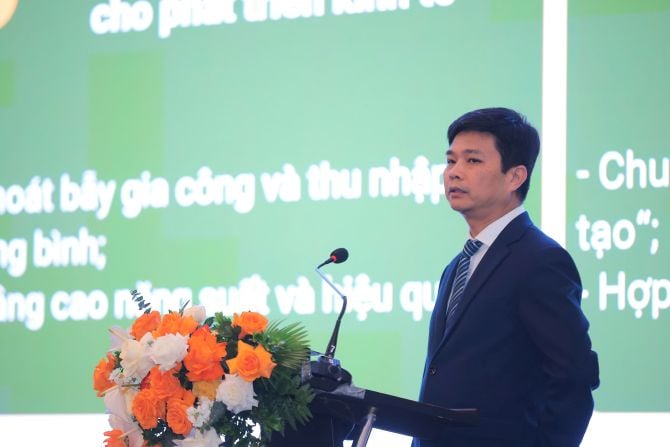
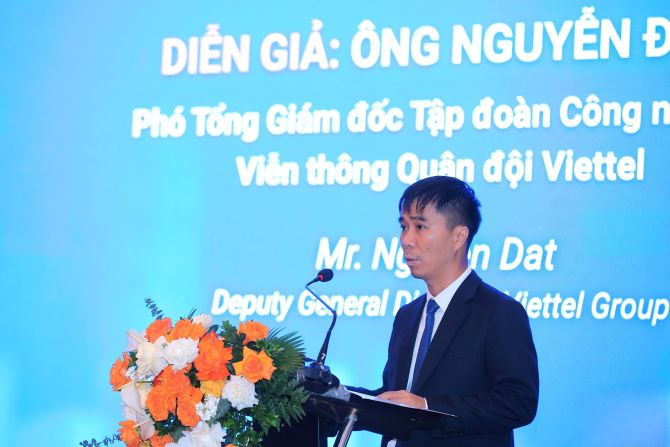
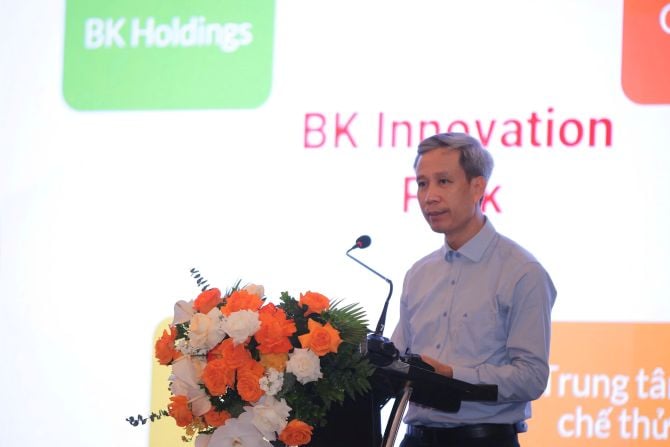



![[Photo] Celebration of the 65th Anniversary of the Establishment of Diplomatic Relations between Vietnam and Cuba](https://vphoto.vietnam.vn/thumb/1200x675/vietnam/resource/IMAGE/2025/9/1/0ed159f3f19344e497ab652956b15cca)
![[Photo] General Secretary receives heads of political party delegations from countries attending the 80th anniversary of our country's National Day](https://vphoto.vietnam.vn/thumb/1200x675/vietnam/resource/IMAGE/2025/9/1/ad0cb56026294afcae85480562c2e790)
![[Photo] Solemn reception to celebrate the 80th anniversary of the National Day of the Socialist Republic of Vietnam](https://vphoto.vietnam.vn/thumb/1200x675/vietnam/resource/IMAGE/2025/9/1/e86d78396477453cbfab255db1e2bdb1)
![[Photo] National Assembly Chairman Tran Thanh Man receives Cambodian Senate President Hun Sen](https://vphoto.vietnam.vn/thumb/1200x675/vietnam/resource/IMAGE/2025/9/1/7a90c9b1c1484321bbb0fadceef6559b)
![[Photo] People eagerly wait all night for the parade on the morning of September 2](https://vphoto.vietnam.vn/thumb/1200x675/vietnam/resource/IMAGE/2025/9/1/0cf8423e8a4e454094f0bace35c9a392)
![[Photo] Chu Dau Ceramics – Proud of Vietnamese identity at Exhibition A80](https://vphoto.vietnam.vn/thumb/1200x675/vietnam/resource/IMAGE/2025/9/1/c62ab2fc69664657b3f03bea2c59c90e)

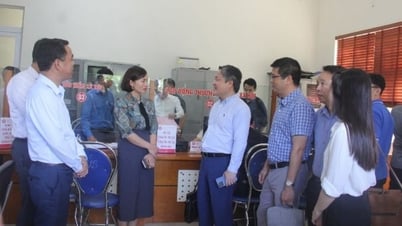
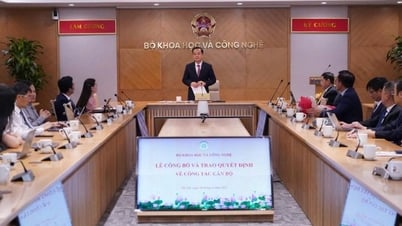


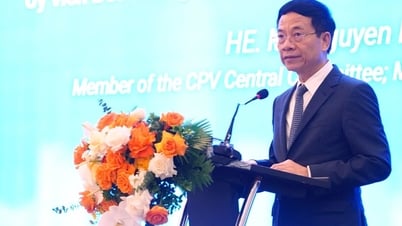












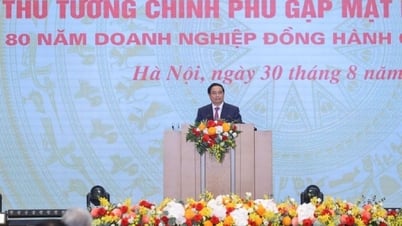

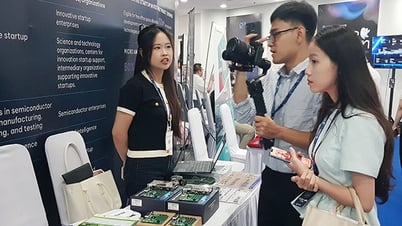



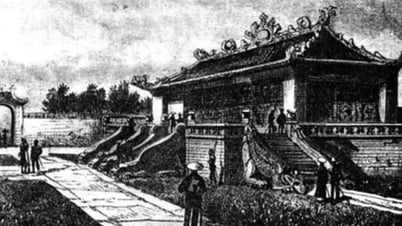
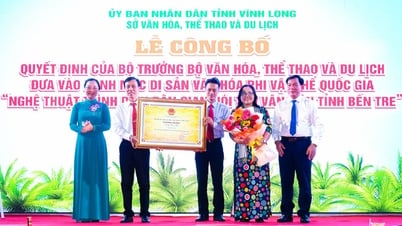
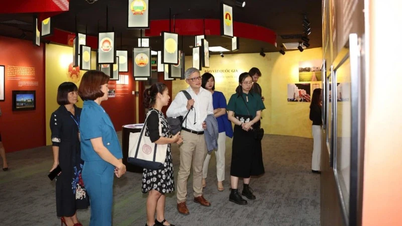








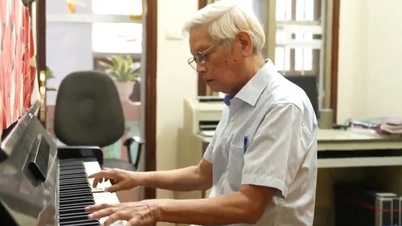
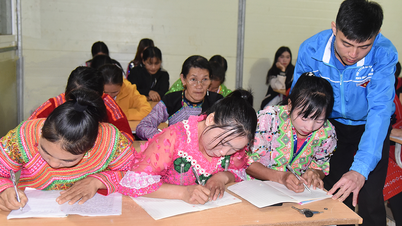



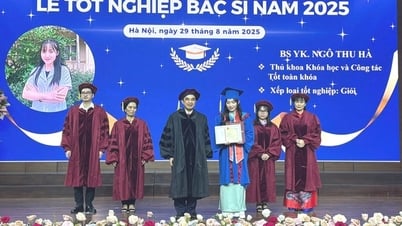








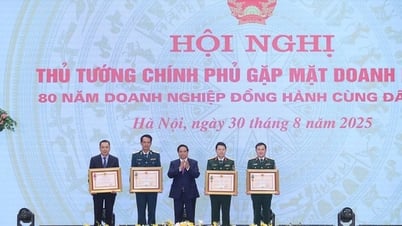



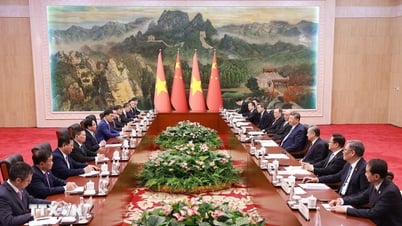

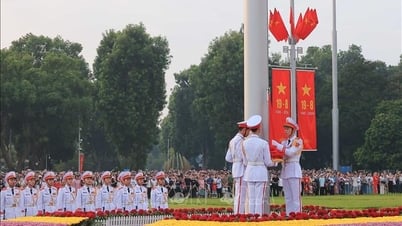

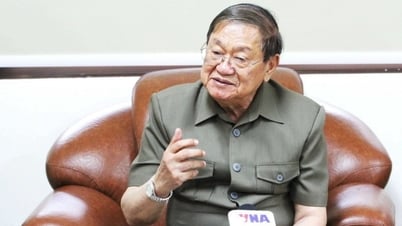

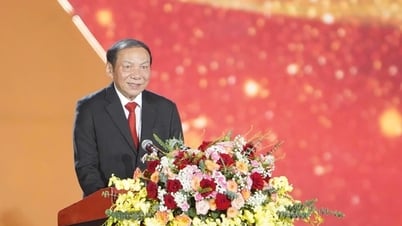

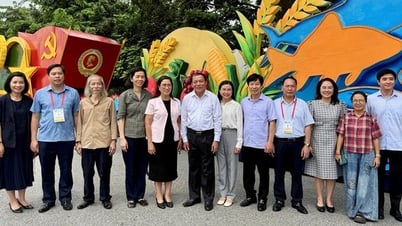



















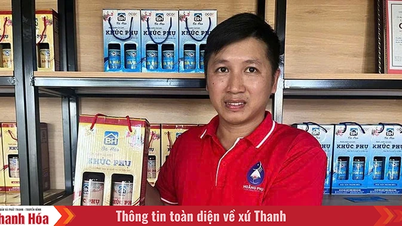


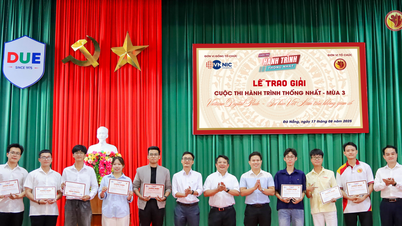








Comment (0)